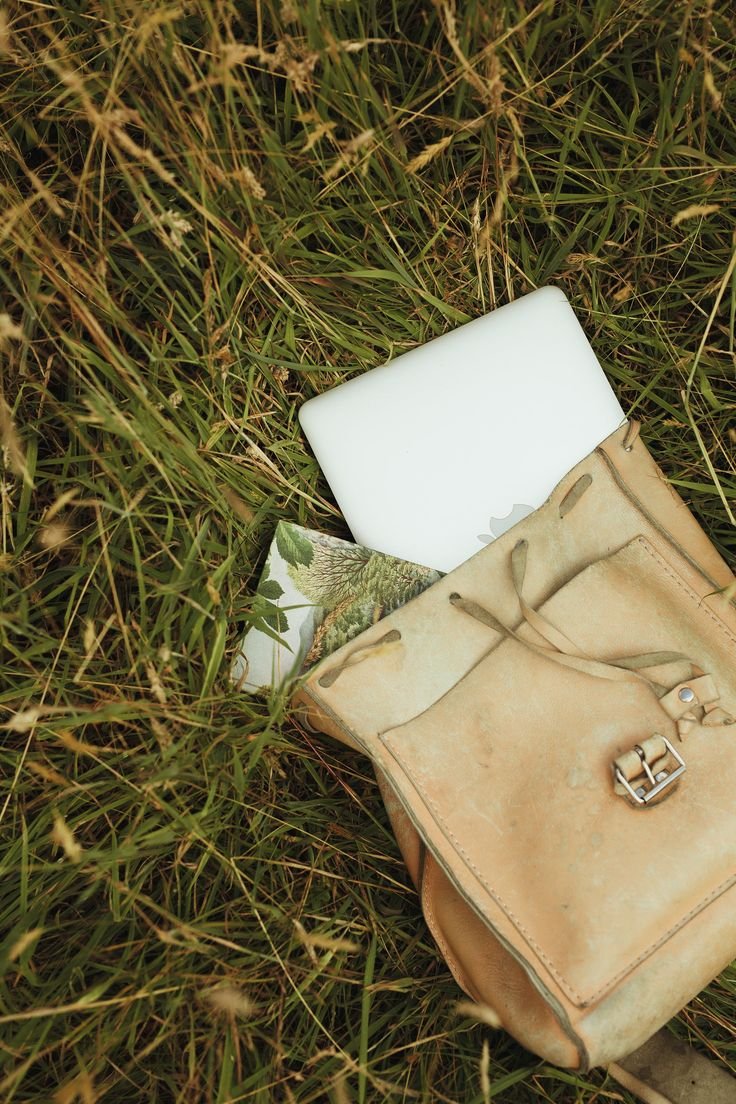Ethical Fashion: Why Supporting Sustainable Brands Matters
In today’s world, where consumption is at an all-time high, the fashion industry stands as one of the most significant contributors to environmental degradation and unethical labor practices. Yet, there’s a shift happening—an exciting movement toward ethical fashion that prioritizes sustainability, fair labor practices, and eco-conscious materials. Choosing to support sustainable brands isn’t just a personal style statement; it’s a choice that has the potential to make a profound impact on the planet and the lives of those who make our clothes.
In this post, we’ll explore why ethical fashion matters, how to shop consciously, and why supporting local sustainable artisans is crucial in shaping a more responsible fashion industry. By embracing ethical fashion, you’re not just upgrading your wardrobe—you’re contributing to a global change toward more sustainable and just practices.
The Ethics Behind Fashion Brands
When you choose to support an ethical fashion brand, you’re choosing to stand behind principles that prioritize transparency, fairness, and respect. The ethics of a brand encompass how it sources materials, how workers are treated, and whether the production process minimizes harm to the environment. Ethical brands focus on environmentally friendly materials, such as organic cotton, bamboo, or recycled fabrics, which reduce the environmental toll associated with fashion production.
An ethical brand also focuses on the well-being of the people who make the clothes. This includes providing fair wages, ensuring safe working conditions, and supporting local communities. Brands that adhere to these standards are not just selling a product—they are promoting a philosophy of sustainability, human dignity, and quality craftsmanship.
A notable example in the Italian fashion scene is SLOWEAR, a brand that has always been committed to ethical production, focusing on natural materials and sustainable manufacturing processes. Their collections showcase timeless designs made to last, which align perfectly with the values of slow fashion. By choosing such brands, you’re ensuring that the money you spend contributes to a healthier planet and a more ethical industry.
Supporting Local, Sustainable Artisans
One of the best ways to embrace ethical fashion is by supporting local artisans who craft high-quality, timeless pieces. These artisans often use sustainable practices, locally sourced materials, and traditional techniques that have been passed down through generations. By supporting small businesses, you’re helping to sustain local economies, preserve craftsmanship, and reduce the environmental impact associated with mass production and global supply chains.
An example of Italian small businesses embracing sustainable fashion is La Bottega del Riciclo. This small but impactful brand collaborates with artisans to create upcycled fashion pieces, reducing waste and giving new life to materials that would otherwise end up in landfills. Their handcrafted bags and accessories are not unique but also deeply sustainable, aligning with the values of both luxury and eco-consciousness.
Another example is Ananda Design, an Italian brand known for creating handmade jewelry from recycled materials. Their work supports sustainable mining practices and fosters a deep respect for natural resources. Supporting brands like Ananda not only promotes sustainability but also champions fair trade principles.
Practical Tip: When shopping for fashion, look for brands that celebrate local craftsmanship. Whether it's a handmade piece of jewelry or artisanal leather goods, supporting small, ethical artisans ensures that you are investing in something that carries meaning, value, and purpose.
How to Shop Consciously and Make a Positive Impact
When it comes to shopping consciously, the key is to think long-term. Instead of buying into fast fashion trends, consider investing in timeless pieces that will serve you for years. This could be a classic leather jacket, a wool coat, or a pair of sustainable sneakers. By focusing on quality over quantity, you’re not only creating a sustainable wardrobe, but you’re also reducing the amount of waste you contribute to the fashion cycle.
Here are a few practical tips for shopping more sustainably:
Research the brands you buy from: Before purchasing, take a moment to explore a brand’s sustainability efforts. Do they use sustainable fabrics, and are they transparent about their supply chain and labor practices?
Choose timeless designs over fleeting trends: Focus on classic pieces that can be worn year after year, not just for one season. Timeless designs are always more sustainable because they transcend trends and are less likely to be thrown away.
Buy less, but buy better: Instead of filling your wardrobe with cheap, poorly made clothes, opt for higher quality items that will last. Invest in sustainable brands that use ethical labor practices and environmentally friendly materials.
Support second-hand shopping: Vintage stores, thrift shops, and online resale platforms are fantastic options for finding high-quality, pre-loved fashion at affordable prices.
Practical Tip: Before making a purchase, ask yourself if the item is something that will last in your wardrobe for years or if it’s just another fast fashion trend. By curating your closet with pieces that truly reflect your style and are made to last, you’re embracing sustainability and timelessness.
Final Thoughts: Fashion with Purpose
Incorporating ethical fashion into your life isn’t just a passing trend—it’s a lifestyle choice that reflects your values and supports a more sustainable world. By choosing to support sustainable brands, whether they’re prominent luxury names like Gucci and Prada or smaller local artisans like La Bottega del Riciclo and Ananda Design, you’re helping to shape the future of fashion into something that respects both people and the planet.
Ethical fashion is about making conscious decisions that have a positive impact, not just for you but for the generations to come. By embracing sustainability, quality, and local craftsmanship, you’re not just contributing to a more sustainable fashion industry—you’re contributing to a better, more responsible world.










